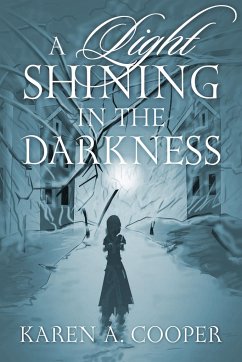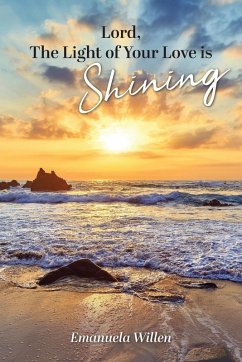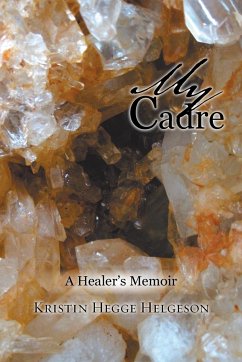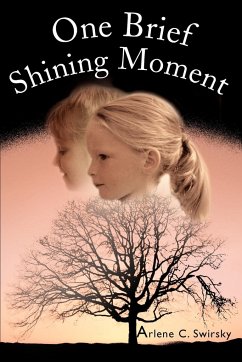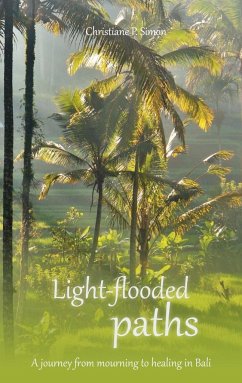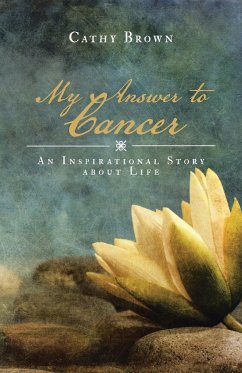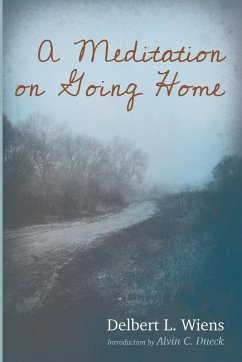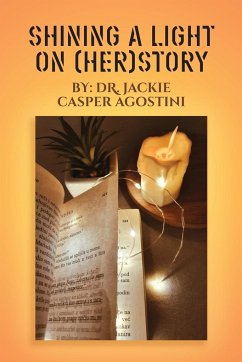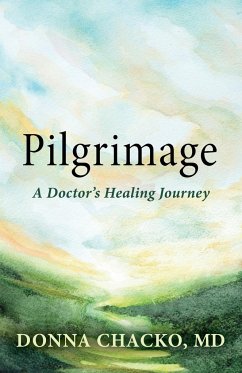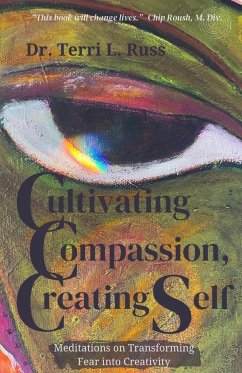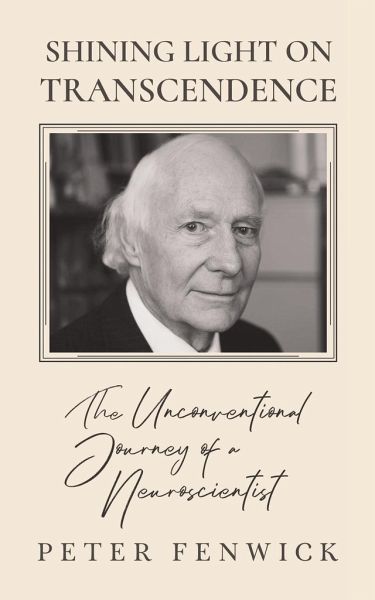
Shining Light on Transcendence
The unconventional journey of a Neuroscientist
Versandkostenfrei!
Versandfertig in 1-2 Wochen
16,99 €
inkl. MwSt.

PAYBACK Punkte
8 °P sammeln!
What is consciousness? How does it relate to the brain, to the mind? Does it even extend beyond them? And if so, might those experiences — telepathy, extrasensory perception, near death experiences — be called ‘paranormal’ because we can’t explain them by any normal means? Anything with a firm belief structure, whether it is science or religious faith, limits experimentation and a free spirit of enquiry. I wanted to find a synthesis between these two fields of experience, the measurable and the immeasurable. And it seemed to me that the best – indeed, the only way I could find out ...
What is consciousness? How does it relate to the brain, to the mind? Does it even extend beyond them? And if so, might those experiences — telepathy, extrasensory perception, near death experiences — be called ‘paranormal’ because we can’t explain them by any normal means? Anything with a firm belief structure, whether it is science or religious faith, limits experimentation and a free spirit of enquiry. I wanted to find a synthesis between these two fields of experience, the measurable and the immeasurable. And it seemed to me that the best – indeed, the only way I could find out more was by finding people who had such immeasurable experiences and studying them. A few years ago I was introduced by a friend to a philosopher, Alain Forget, who, I was told, had a remarkable ability to give ‘energy. During this ‘energy-giving’ process my friend had been aware of light radiating from him. My own ego wanted to persuade this unusual man to allow me to put him under the microscope. But in doing so I found myself, perhaps reluctantly at times, under the microscope of his perceptual grasp of human nature. And I realise that it has changed me, and that much of what I thought about myself was not based in reality. This book tells that story. ~ Peter Fenwick





